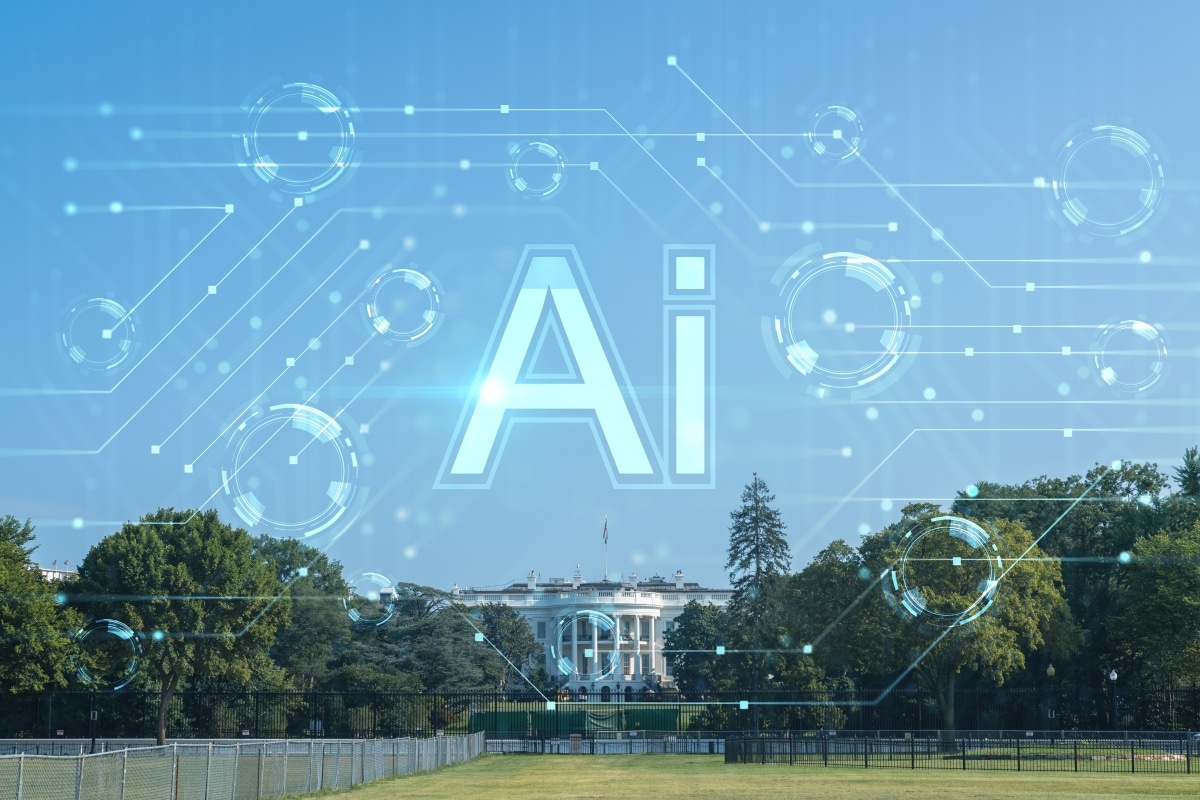In response to worries about job loss and misinformation, the White House is taking additional steps to direct AI research, putting an emphasis on international collaboration, addressing risks and opportunities, and seeking public input on priorities.
The White House has announced new initiatives to guide federally supported research on artificial intelligence (AI) as the Biden administration seeks a better understanding of the risks and opportunities associated with the rapidly evolving technology. These efforts include updating the strategic plan on AI research to emphasize international collaboration with allies. Additionally, the administration hosted a listening session to gather insights from workers regarding their experiences with automated technologies used by employers for surveillance and management. The U.S. Department of Education’s Office of Educational Technology also released a report focusing on the risks and benefits of AI in education. The report recognizes the potential for AI to enhance interaction between educators and students but also acknowledges risks such as algorithmic bias. The government and private sector have recently been publicly discussing the possibilities and dangers of AI, with concerns raised about its potential to replace jobs, deceive people, and spread disinformation. Senate Majority Leader Chuck Schumer has called for swift regulation of AI and has formed a bipartisan group of senators to address the issue. The White House’s latest efforts follow Vice President Kamala Harris’s meetings with major tech companies and a previous investment of $140 million to establish AI research institutes. The White House Office of Science and Technology Policy has also invited public input on national priorities for addressing AI risks, protecting individuals’ rights and safety, and leveraging AI for societal improvement.






